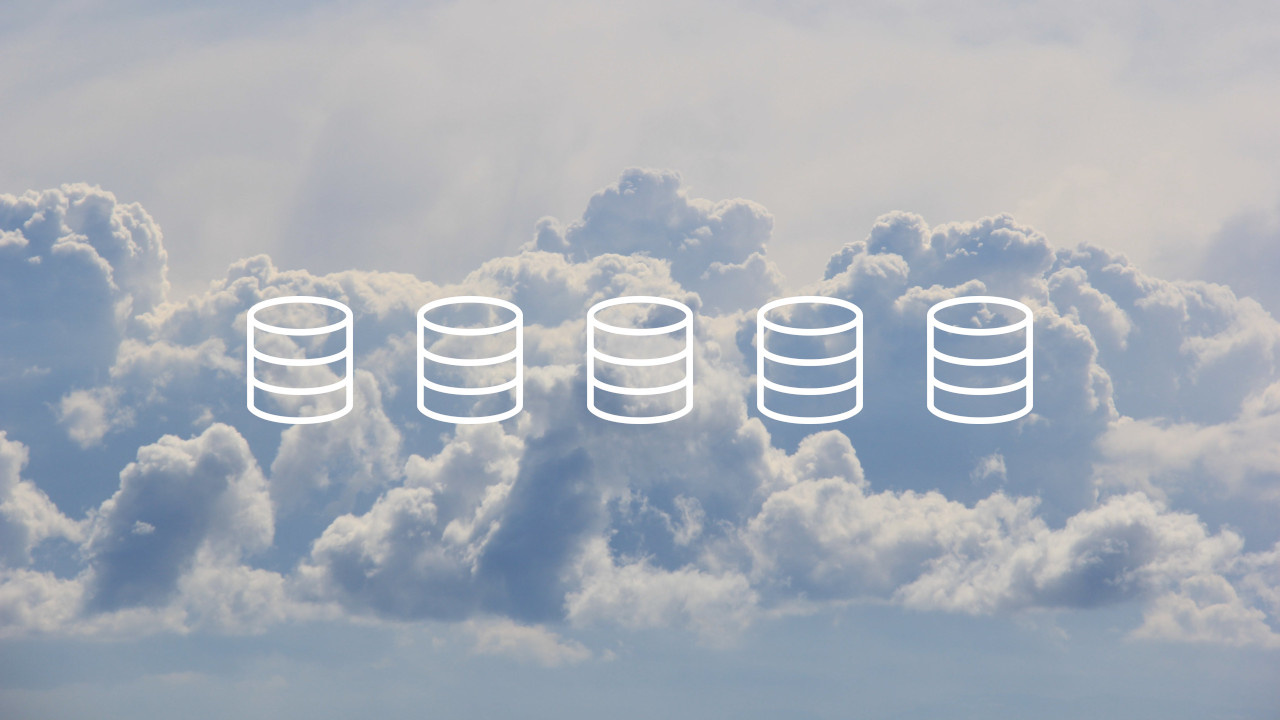Distributed SQL

I have been spending a fair amount of time recently in the world of distributed SQL so that I am well versed for a future project. I have been specifically looking at CockroachDB and YugabyteDB, and I have also recently learned about TiDB from PingCAP.
Distributed SQL refers to a database system that distributes data across multiple nodes or servers in a network. Unlike traditional relational databases that often rely on a single server or a master-slave architecture, distributed SQL databases are designed to scale horizontally by adding more nodes to the network. This distributed architecture provides several advantages, including improved performance, fault tolerance, and the ability to handle large volumes of data. Popular distributed SQL databases include Google Spanner, CockroachDB, and YugabyteDB. The latter two were inspired by Google Spanner.
Key characteristics of distributed SQL databases include:
Horizontal Scalability: Distributed SQL databases can scale by adding more nodes to the system, allowing them to handle increased workloads and data volumes.
Fault Tolerance: The distributed nature of these databases often includes mechanisms to replicate data across multiple nodes. If one node fails, the system can continue to function using data from other nodes.
High Availability: By distributing data and workload across multiple nodes, distributed SQL databases can provide high availability, ensuring that the system remains operational even if some nodes experience issues.
Consistency and CAP Theorem: Distributed systems need to balance consistency, availability, and partition tolerance, as described by the CAP theorem. Unlike NoSQL platforms which provide eventural consistency, a distributed SQL plaform must be highly consistent in order to support ACID compliance.
Global Distribution: Some distributed SQL databases are designed to support global distribution, allowing data to be stored and accessed from different geographical locations. This is beneficial for applications with users or data spread across the world. This introduces the concept of a distributed storage layer.
Query Language Compatibility: Many distributed SQL databases aim to be compatible with standard SQL, making it easier for developers familiar with SQL to work with these databases. Both CockroachDB and YugabyteDB are compatible with Postgres SQL, while TiDB offers MySQL compatibility.
I am not very far along in my distributed SQL journey. I am an still looking at various platforms and comparing their strengths and weaknesses. I will need to do a followup post once I pick a platform to move forward with.
